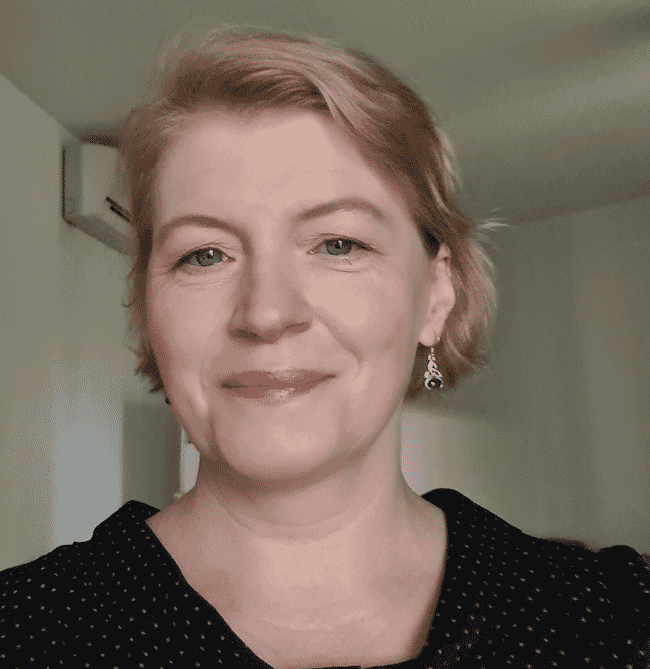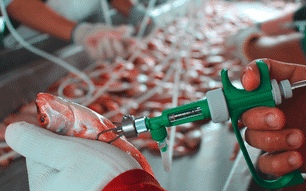
This move marks a significant homecoming for Dr Jaglarz, who previously spent eleven years at Moredun, contributing significantly to aquaculture health research © Moredun
Dr Jaglarz’s journey with Moredun began in 2006, when she joined as a research scientist in the bacteriology department, working alongside Mike Fontaine on mastitis research. When Moredun’s Aquaculture Research Group was formed in 2013, Dr Jaglarz transitioned as a postdoctoral researcher under Kim Thompson. Despite her initial lack of experience with aquatic species or the aquaculture industry, her strong background in biotechnology and eagerness to learning quickly established her as a valuable team member.
During her initial eleven-year tenure at Moredun, Dr Jaglarz played a crucial role in research concerning aquaculture health and fish vaccines. She was recognised for her collaborative spirit and scientific insight, attributing her success to the support of her colleagues, Kim Thompson and Janina Costa.
In 2018, Dr Jaglarz moved to Singapore to take on new challenges in the aquaculture industry. Over a period of six years, she led fish vaccine development and registration, directed a cross-functional research and development team and managed site operations. Her strong industry background enhanced her leadership in scientific innovation and international collaboration. Dr Jaglarz now brings that wealth of expertise back to Moredun, a place she describes as “special”.
“I am an enthusiastic aquaculture vaccine development professional with a strong commitment to advancing fish health through innovative research and solutions,” said Dr Jaglarz in a press release.
She reiterated her sentiment about Moredun, highlighting its supportive and passionate team culture as key to fostering meaningful scientific progress.
As head of the Aquaculture Research Group, Dr Jaglarz will lead a talented team working on a range of projects, from sea lice vaccines to large collaborative initiatives developing new technologies for early disease detection and prevention. Dr Jaglarz expressed her anticipation for building upon the group’s existing strengths, fostering collaboration and driving impactful research that benefits both the aquaculture industry and the environment.


